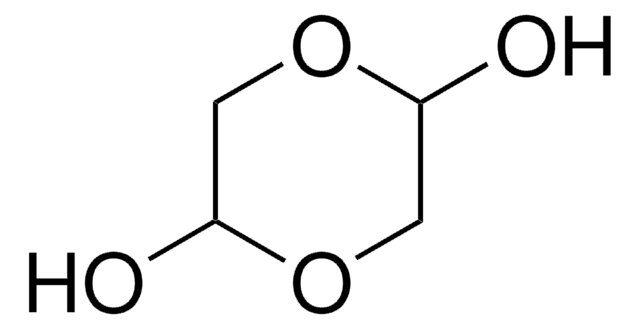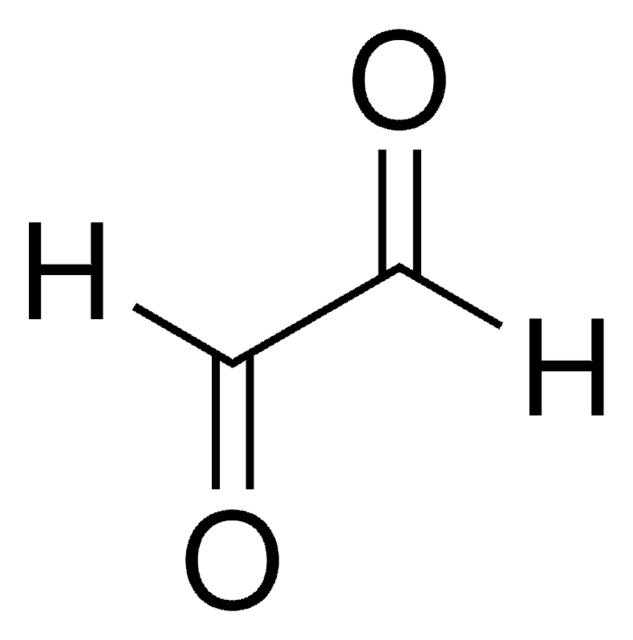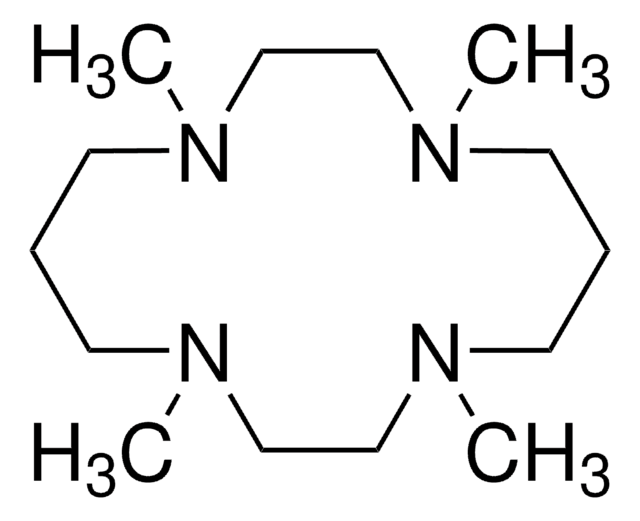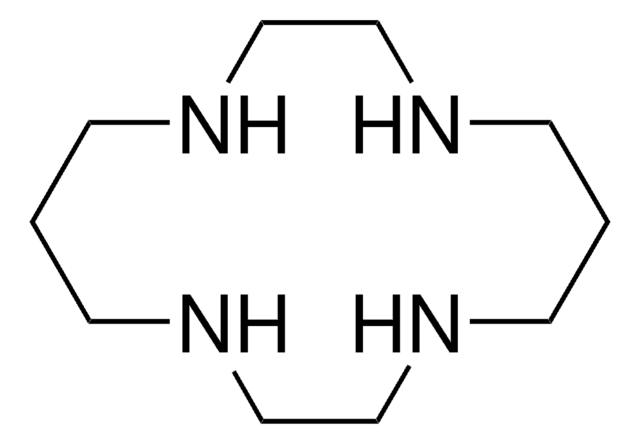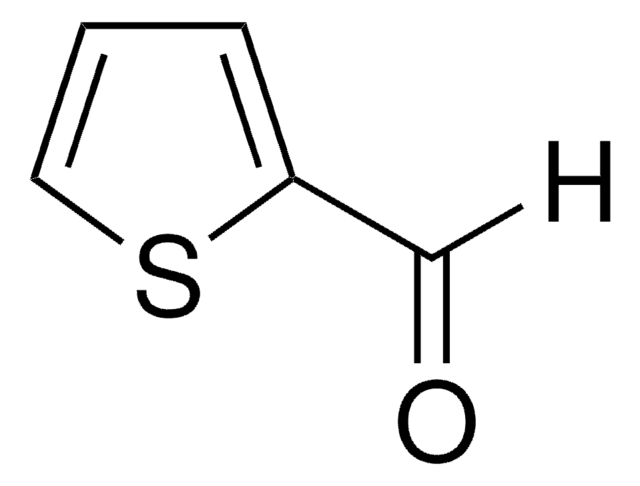All Photos(1)
About This Item
Empirical Formula (Hill Notation):
C4H8N2
CAS Number:
Molecular Weight:
84.12
MDL number:
UNSPSC Code:
12352100
PubChem Substance ID:
NACRES:
NA.22
Recommended Products
Quality Level
Assay
97%
refractive index
n20/D 1.5194 (lit.)
bp
88-89 °C/1 mmHg (lit.)
density
1.024 g/mL at 25 °C (lit.)
SMILES string
C1CNC=NC1
InChI
1S/C4H8N2/c1-2-5-4-6-3-1/h4H,1-3H2,(H,5,6)
InChI key
VBXZSFNZVNDOPB-UHFFFAOYSA-N
General description
1,4,5,6-Tetrahydropyrimidine (THP) is a cyclic amidine and has been known to be carbon dioxide fixation agent. It reacts with carbon dioxide to yield a zwitterionic adduct (THP-CO2).
Signal Word
Warning
Hazard Statements
Precautionary Statements
Hazard Classifications
Eye Irrit. 2 - Skin Irrit. 2 - STOT SE 3
Target Organs
Respiratory system
Storage Class Code
10 - Combustible liquids
WGK
WGK 3
Flash Point(F)
235.4 °F - closed cup
Flash Point(C)
113 °C - closed cup
Personal Protective Equipment
dust mask type N95 (US), Eyeshields, Gloves
Choose from one of the most recent versions:
Already Own This Product?
Find documentation for the products that you have recently purchased in the Document Library.
Customers Also Viewed
Peter R Edwards et al.
Organic & biomolecular chemistry, 8(1), 100-106 (2009-12-22)
The interactions of a series of urea based neutral hydrogen bond donor anion receptors have been investigated with i) alkylcarbamate anions formed by the reaction of carbon dioxide with primary aliphatic amines and ii) the zwitterionic species formed by the
Bob Storey et al.
International journal for parasitology. Drugs and drug resistance, 4(3), 233-243 (2014-12-18)
A major hindrance to evaluating nematode populations for anthelmintic resistance, as well as for screening existing drugs, new compounds, or bioactive plant extracts for anthelmintic properties, is the lack of an efficient, objective, and reproducible in vitro assay that is
Our team of scientists has experience in all areas of research including Life Science, Material Science, Chemical Synthesis, Chromatography, Analytical and many others.
Contact Technical Service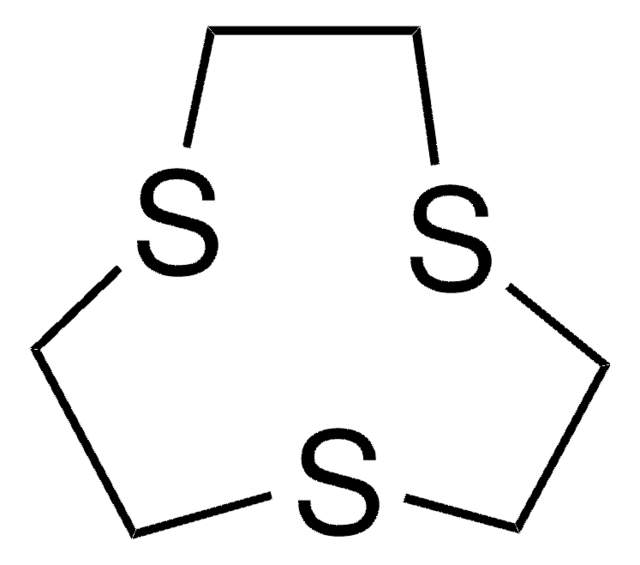
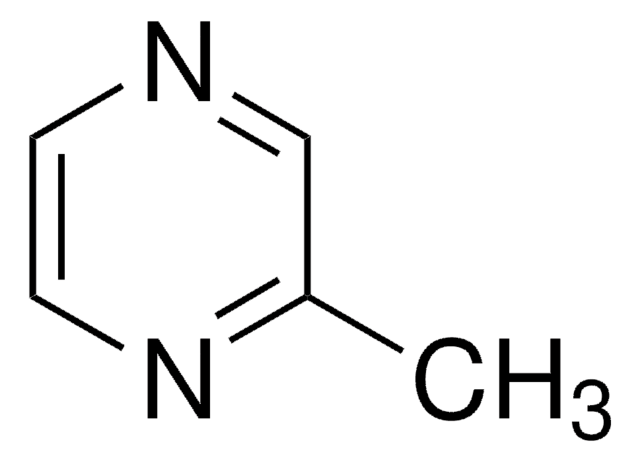
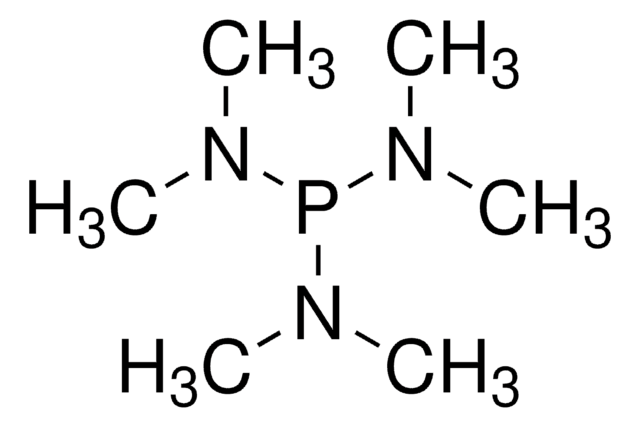
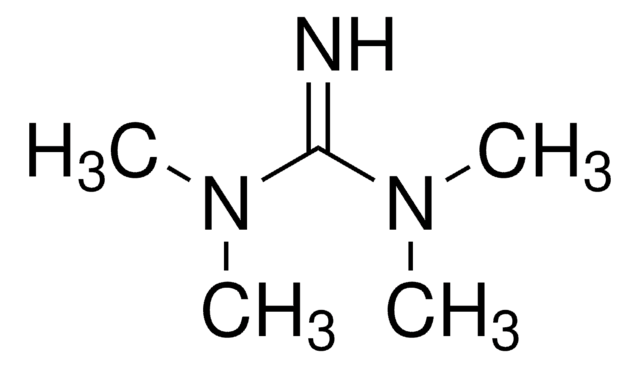
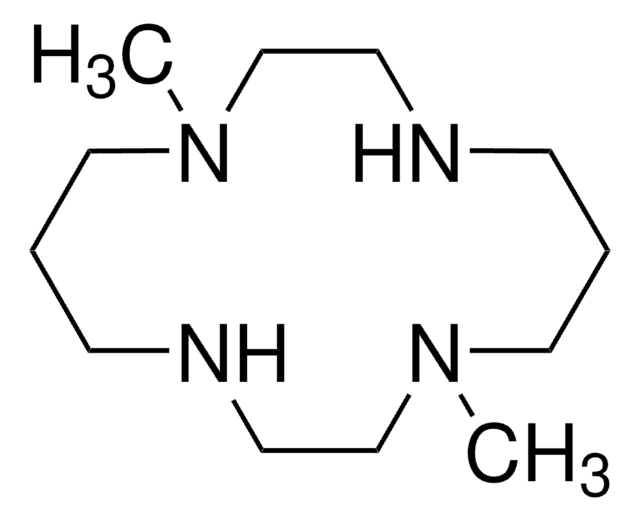
![1,5,7-Triazabicyclo[4.4.0]dec-5-ene 98%](/deepweb/assets/sigmaaldrich/product/structures/171/446/333d560c-cff6-4958-b489-5acfb3057cce/640/333d560c-cff6-4958-b489-5acfb3057cce.png)
